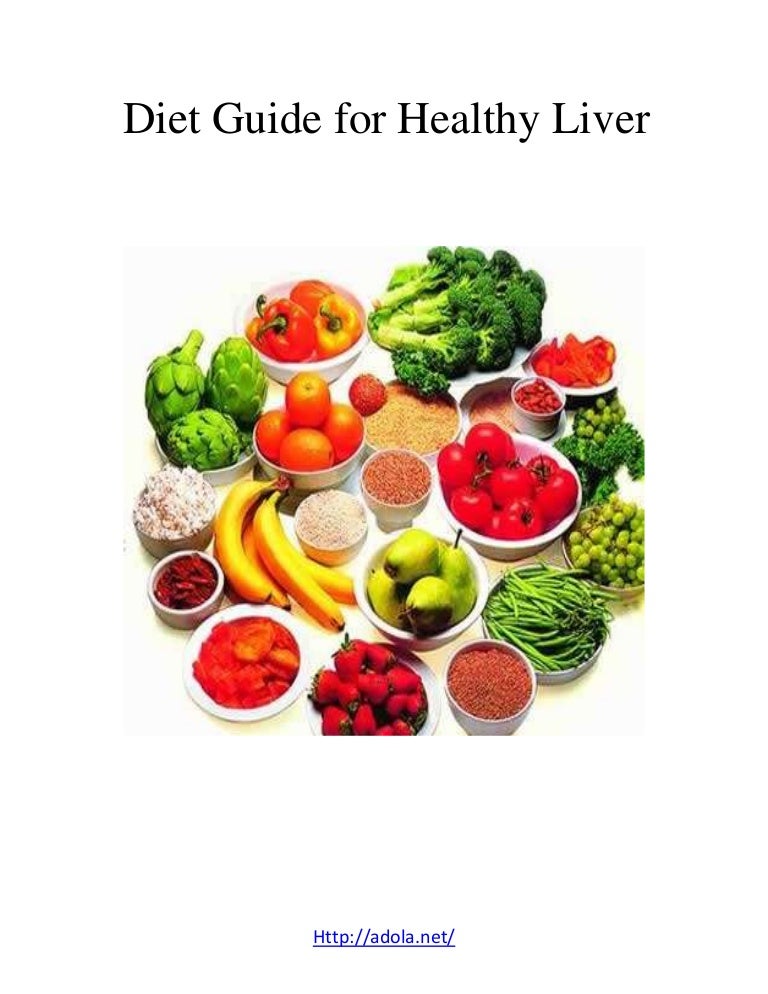Healthy Diet For Liver Disease

A Healthy Diet for Liver Disease
What is Liver Disease?
Liver disease is a broad term that covers a range of medical problems that affect the liver. This organ is essential for digestion and for filtering toxins from the blood. When it’s not working properly, a variety of health issues can occur. There are many types of liver diseases, including hepatitis, cirrhosis, liver cancer, and nonalcoholic fatty liver disease. Each of these conditions can cause different symptoms and require different treatments.
The Role of Diet in Liver Disease
The right diet can be an important part of liver disease treatment. Eating the right foods can help reduce symptoms, reduce inflammation, and provide the body with the nutrients it needs to help the liver recover. For some people, dietary changes may even help reverse the damage caused by liver disease.
In most cases, the best diet for people with liver disease is a balanced diet that’s low in fat and high in fresh fruits, vegetables, and whole grains. Eating a variety of healthy foods will ensure that your body is getting all the essential vitamins, minerals, and nutrients it needs to stay healthy.
Specific Diet Recommendations for Liver Disease
Depending on the type of liver disease, there may be specific dietary recommendations. In general, people with liver disease should avoid processed foods, saturated fats, and foods that are high in sugar, sodium, and cholesterol. Instead, focus on eating lean proteins, like fish and poultry, as well as plenty of fruits and vegetables. Choose whole grains over refined grains, and drink plenty of water.
If you have cirrhosis, it’s important to limit your intake of sodium, as this can make symptoms worse. Some people with cirrhosis may also need to limit their intake of protein. If you have hepatitis, you should avoid alcohol entirely, as it can cause serious damage to the liver.
Other Dietary Considerations
In addition to eating the right foods, it’s important to pay attention to portion sizes. Eating too much of any food can lead to weight gain, which can be detrimental to liver health. If you’re having trouble controlling your portions, consider measuring out your food or using smaller plates.
It’s also important to get enough fiber in your diet. Fiber helps the body absorb nutrients and keeps the digestive system functioning properly. Aim for at least 25 to 30 grams of fiber each day.
Conclusion
Eating a healthy diet is essential for people with liver disease. The right diet can help reduce symptoms, reduce inflammation, and provide the body with the essential nutrients it needs to recover. In general, it’s best to avoid processed foods, saturated fats, and foods that are high in sugar, sodium, and cholesterol. Eating lean proteins, fruits, vegetables, and whole grains can help keep the liver healthy.
Top 5 Fruits that Cleanse the Liver | Healthy liver, Liver cleansing

Pin by Carolyn White on Better health | Healthy liver, Healthy detox

Diet guide for healthy liver

Pin on Health & Fitness

Best Diet Plan for Fatty Liver to Reduce Chance of Liver Cancer

Best Diet For Fatty Liver And Insulin Resistance - DIETVEN

What Should You Be Eating If You Have A Fatty Liver? | Liver Doctor

10 Foods To Consume To Treat Fatty Liver | Fatty liver diet, Healthy

Pin by Jeanne Sloan Williams on Liver | Diet chart, Cirrhosis diet

Pin by Leila Trinidad on Eating To Live/ and Cancer | Healthy liver
